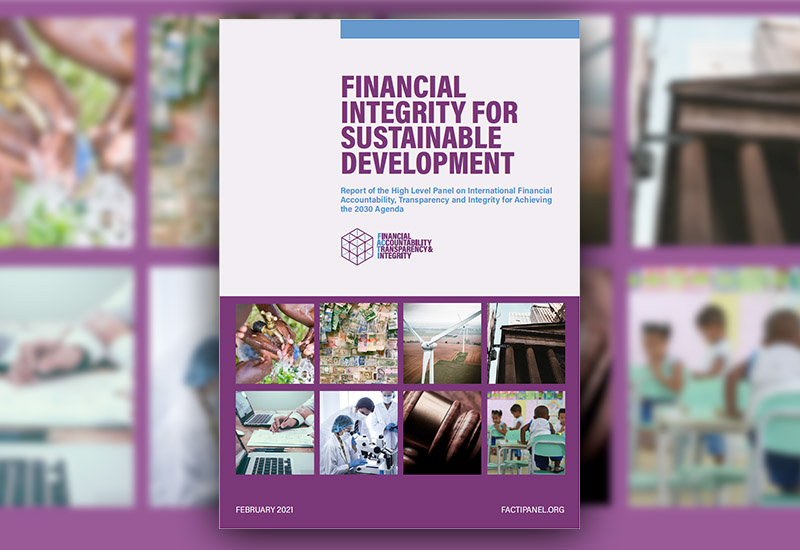Cooperative
Successful self-help

The cooperative COCOVICO (Coopérative de Commercialisation de Produits Vivriers de Cocody) runs the market. It was started by women who had lost their old market site and joined forces in accordance with the tontine principle (see main text) in order to create a new future for themselves.
Loans from the welfare-orientated international microcredit organisation Oikocredit were decisive. All in all, the market women took out loans worth € 1.5 million euros and could thus acquire suitable land. At present, the market provides livelihoods to about 1,000 market women. Servicing the loans is no problem because the market is running well. The food supplies are mostly sourced from two regional agricultural cooperatives.
Zegbé Lou Ange Charlène has conducted a study on this extremely successful cooperative. According to her, COCOVICO gives its members a high degree of financial autonomy but, at the same time, consistently enforces the obligation to pay accruals on time. Furthermore, the members understand the structure of the organisation and its procedures well. All this is in accordance with the tontine tradition.
Tontine principles shape COCOVICO in another way too. The women are organised in groups that share experiences and ideas and meet for meals and dance. They are not formally registered, but all have elected leaders, management, treasurers and so on.
A group’s members often come from the same village or belong to the same ethnic group. Men can join and are even given leadership roles. Group life offers the women social security. The members support each other in times of bereavement, for example. At the same time, the market women of COCOVICO, like almost all West African market women, practice a savings system called “garde monnaie” (money keeper). A person of trust (at the COCOVICO market it is a pastor) visits his customers once daily and collects a predefined sum. The amount is recorded in a notebook with boxes for every day. After 31 days the customer gets back the payments of 30 days, and the “garde monnaie” keeps the sum of the 31st day as payment for his services. Typically, the women use the money to replenish their supplies.










